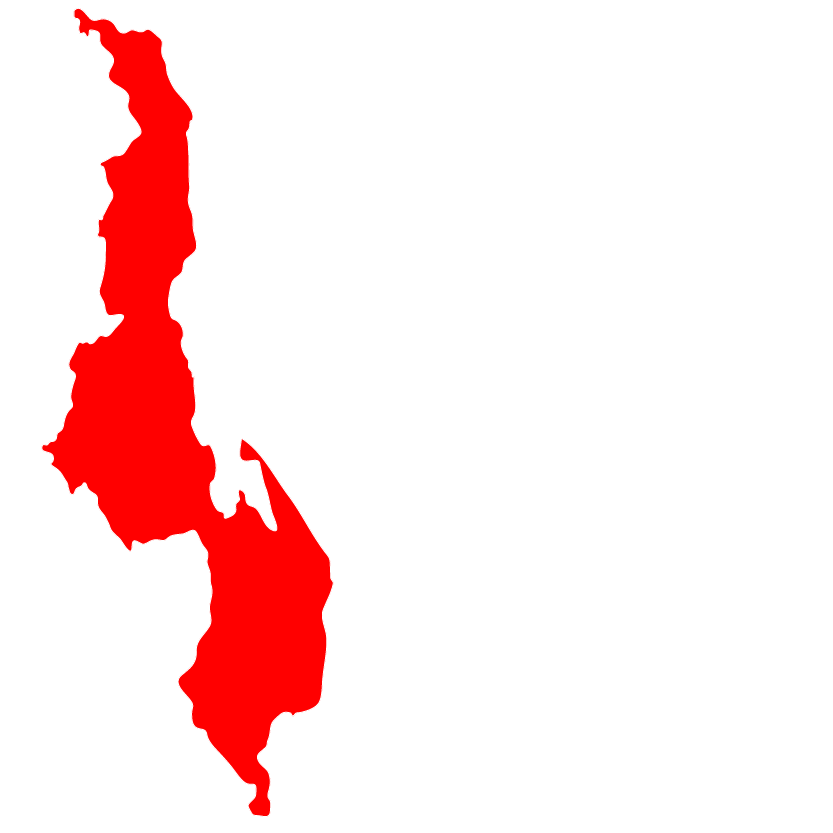Border hostilities between Cambodia and Thailand escalated on 24 July 2025, with exchanges of artillery and airstrikes across multiple locations. A Malaysia-brokered ceasefire took effect on 28 July 2025. ASEAN observers were agreed in early August 2025 to help monitor the truce. However, incidents (including landmine injuries and sporadic tensions) have continued to disrupt returns and services.
In the initial days of the conflict approximately 153,910 individuals were displaced, primarily women, children, and the elderly. While a ceasefire agreement reached on 28 July has halted active hostilities, the situation remains fragile, with many families still residing in 134 government-supported displacement sites or hosted by relatives. according to the latest reports around 34000 people are still displaced and most of them are at the evaluation centers established by Government. Concerns over unexploded ordnance, damaged housing, and limited access to services continue to deter large-scale returns. In parallel, 755,729 Cambodian nationals have returned from Thailand, including 328,808 women and 10,793 children, placing additional pressure on overstretched services.
According to UNICEF situation report issued on 8th August the key gaps include limited access to clean water, inadequate sanitation, insufficient temporary learning spaces, overstretched health services, poor nutrition, and heightened protection risks for vulnerable groups.


